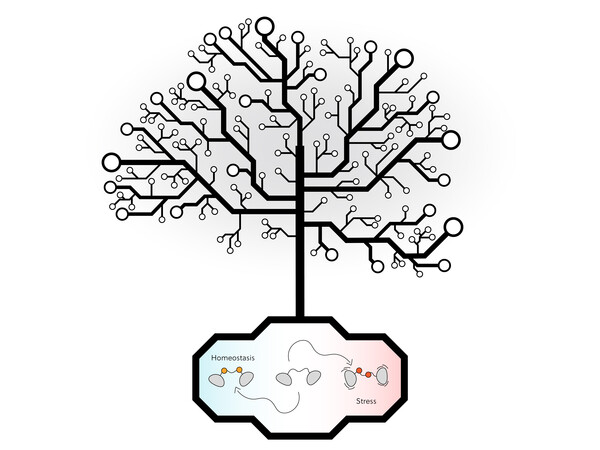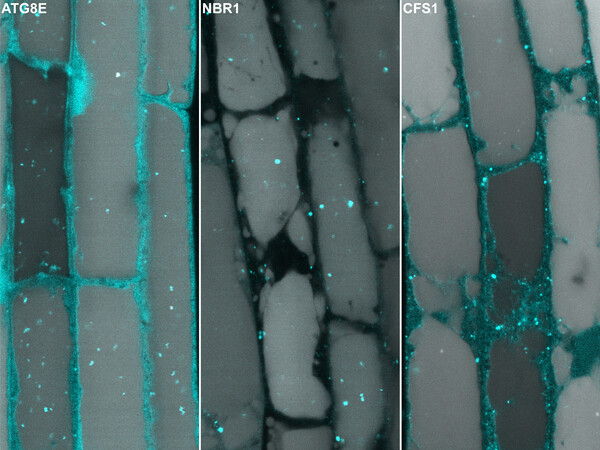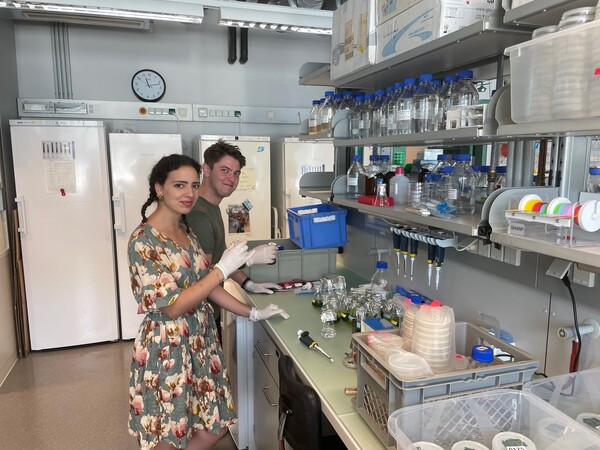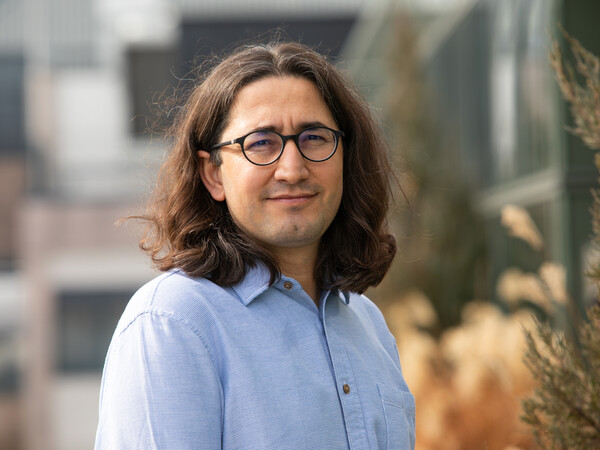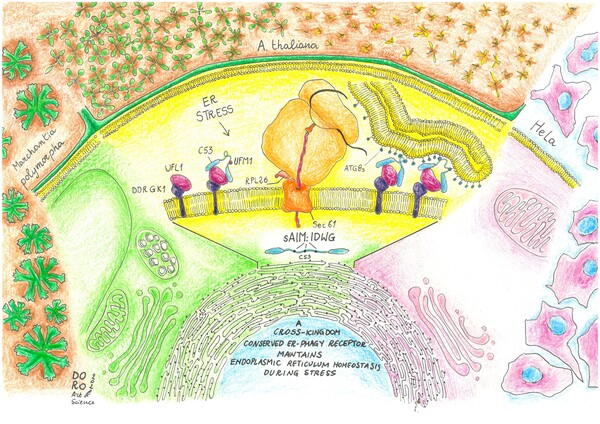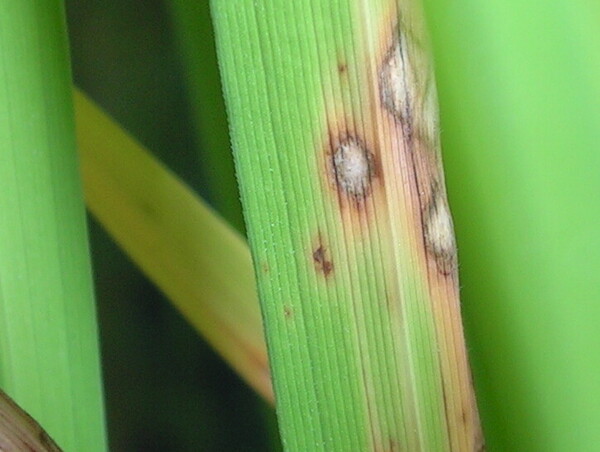Yasin Dagdas, group leader at the Gregor Mendel Institute of Molecular Plant Biology (GMI) of the Austrian Academy of Sciences…
Yasin Dagdas
Autophagy mediated cellular quality control mechanisms in plants

Research Focus
Quality control pathways are essential for sustaining multicellular life in an ever-changing environment. By promptly tailoring the cellular proteome and organelles in a cell-type specific manner, they maintain the ability to respond to external changes, thereby maximizing organismal fitness. Selective autophagy is a potent quality control pathway that recycles damaged or unwanted macromolecules to keep cells healthy and in tune with the environment. So far, most of our insights into selective autophagy are derived from studies that utilize in vitro cell cultures. Addressing how selective autophagy contributes to cellular homeostasis in different cell types, and how this translates into overall performance of the organism, is extremely challenging and has therefore remained elusive. Our goal is to employ a multidisciplinary approach to study the role of selective autophagy in cellular quality control at a cell-type specific resolution.

